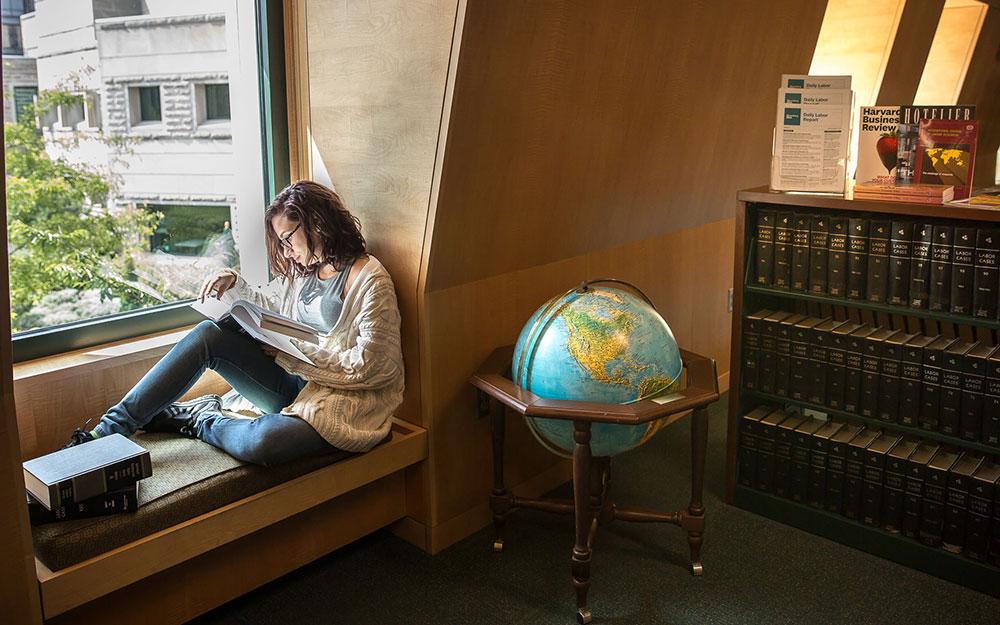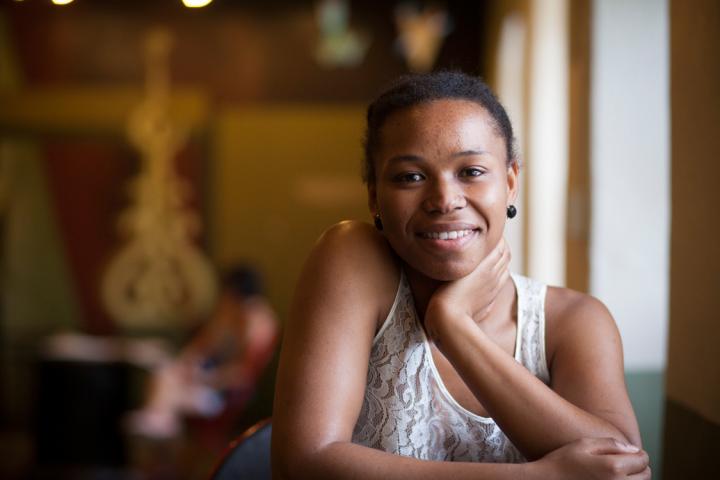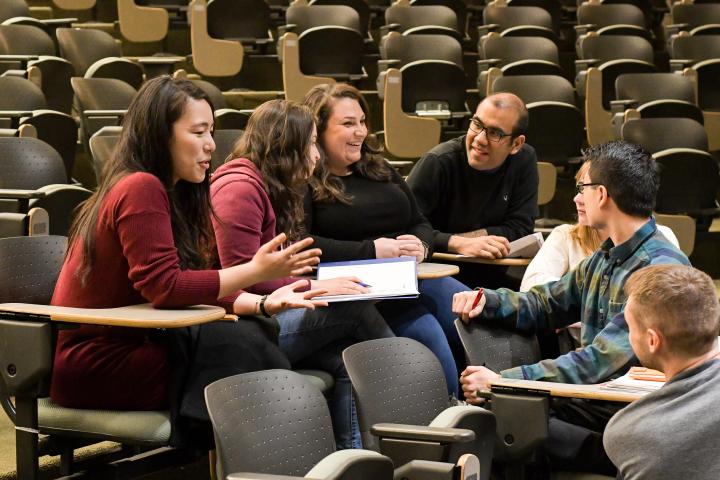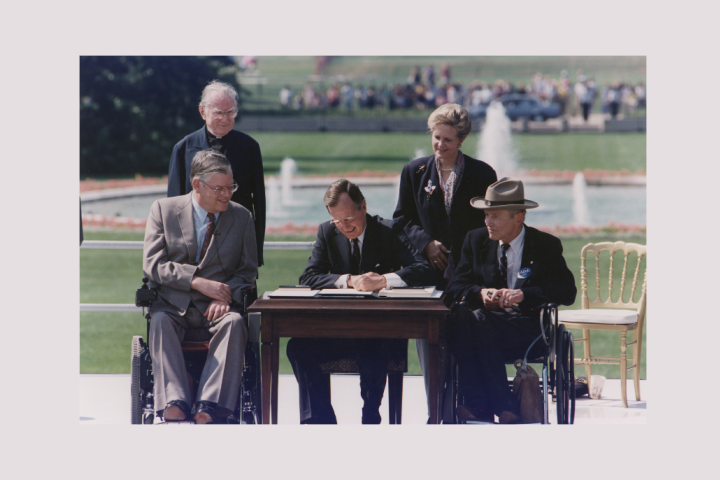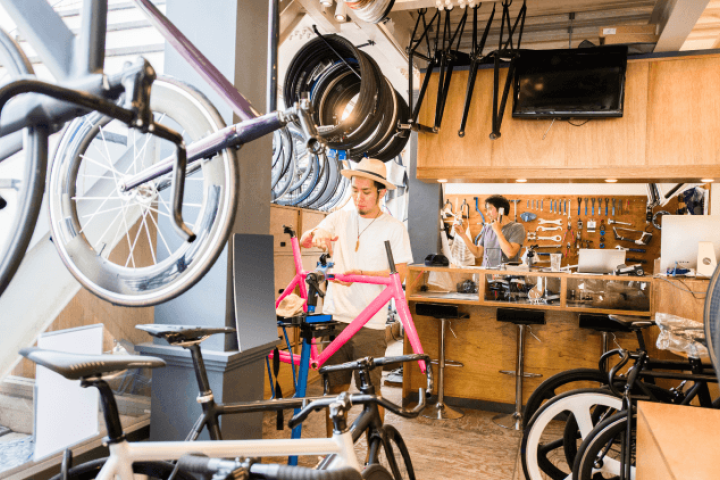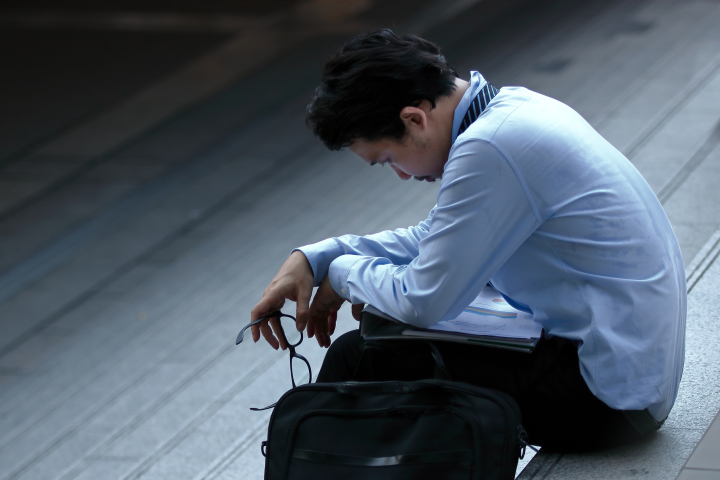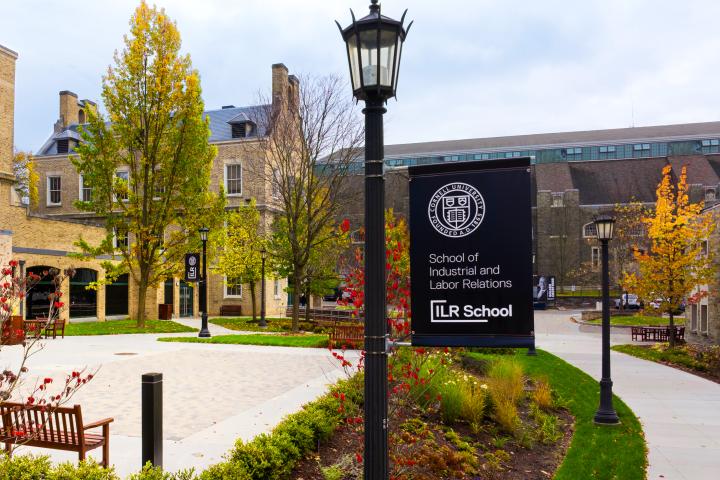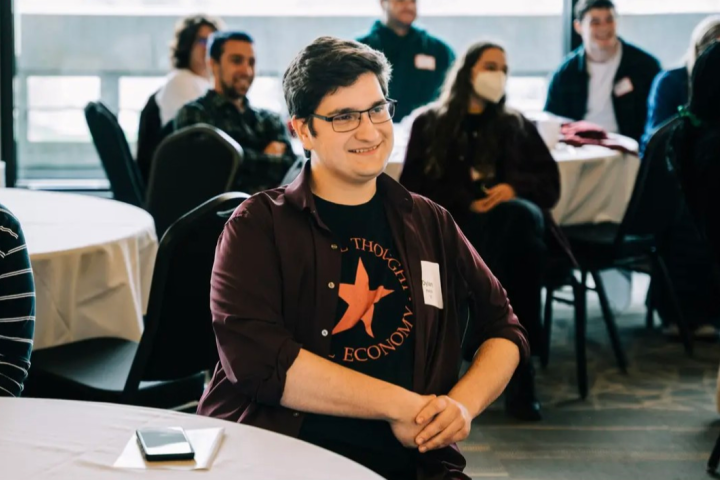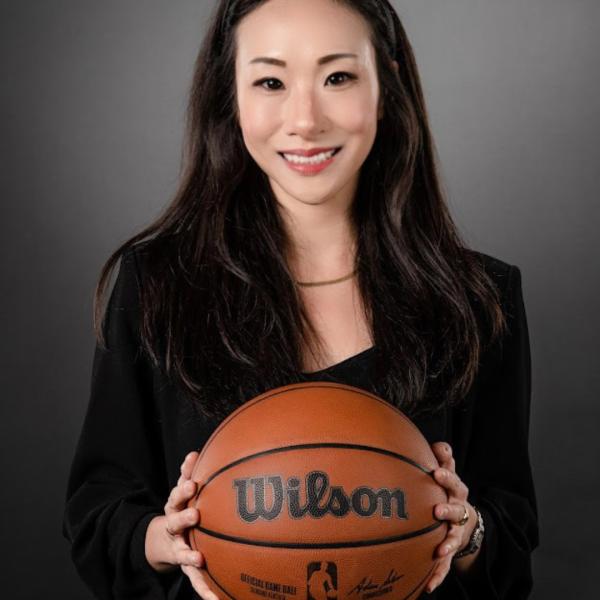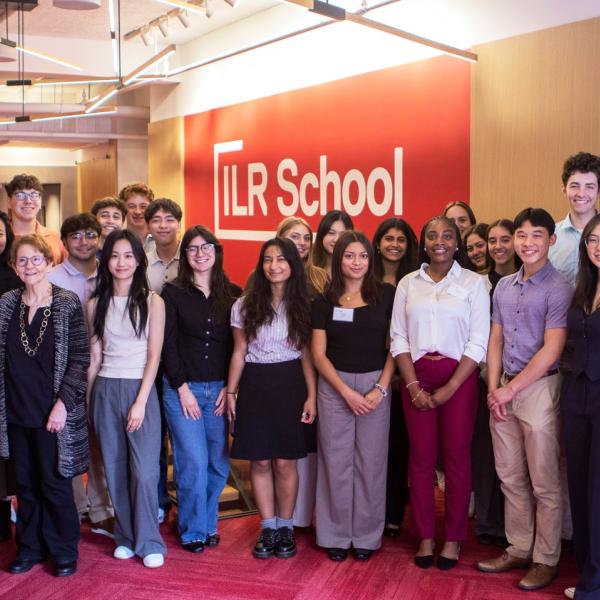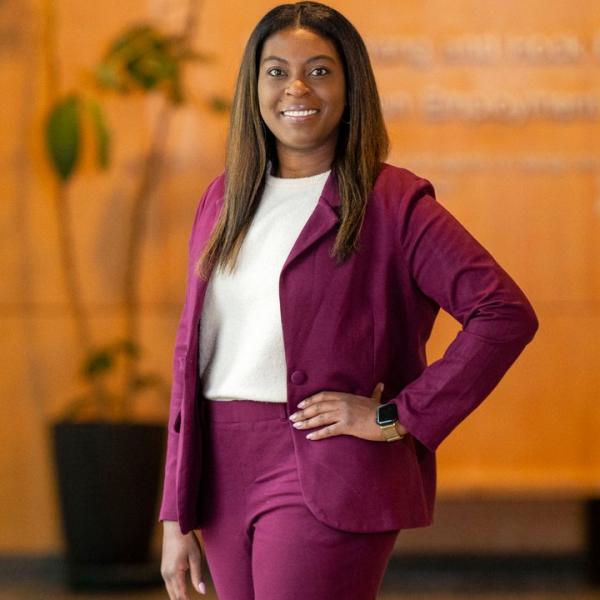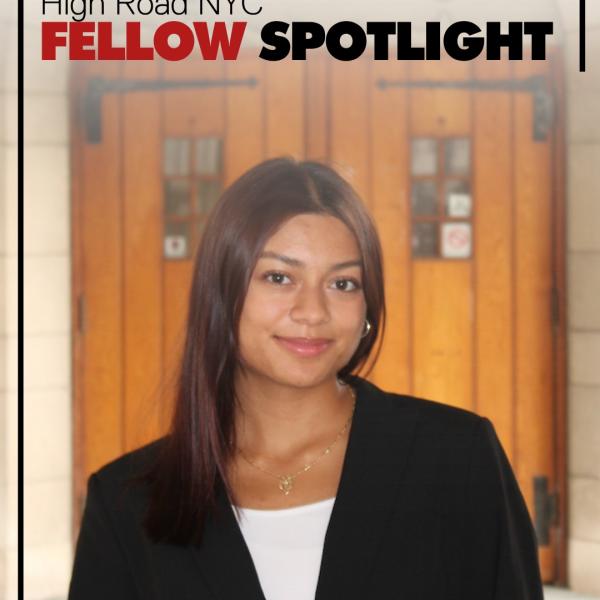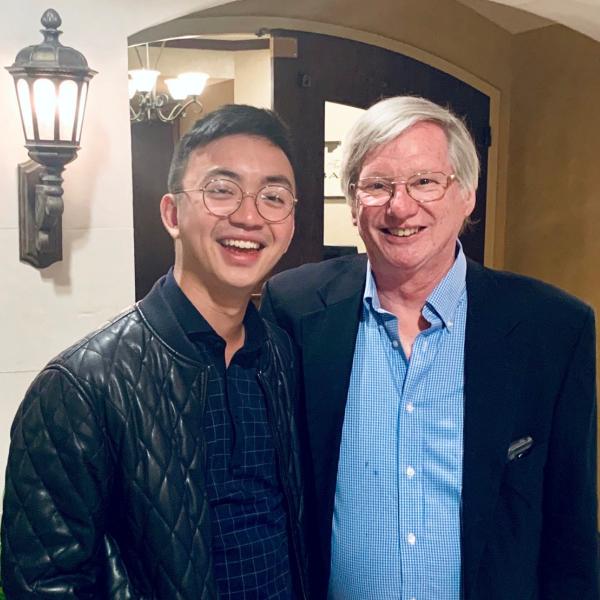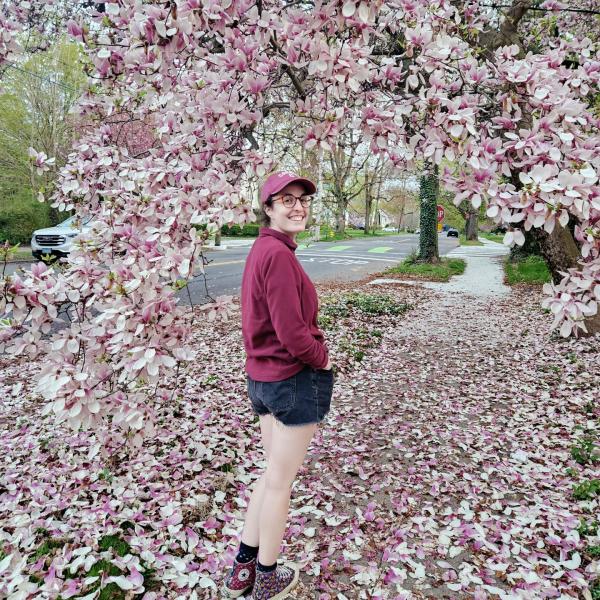Research at Risk
Susanne Bruyère and a small team of researchers started a project to identify barriers in the hiring process that prevent qualified autistic job seekers from getting jobs in STEM fields. The results would have helped employers identify ways to streamline hiring autistic individuals and to support them in the workplace after hiring.
ILR School Events
See all eventsAfter spending several years working for companies such as American Express, McKinsey & Company and Dropbox, Jennifer Choi ’08 has found her “dream job” with the NBA’s Atlanta Hawks.
Forrest Briscoe, who joined the ILR faculty in the fall of 2024, is the Maurice and Hinda Neufeld Founders Professor in Industrial and Labor Relations. He teaches and researches organization theory and strategic management.
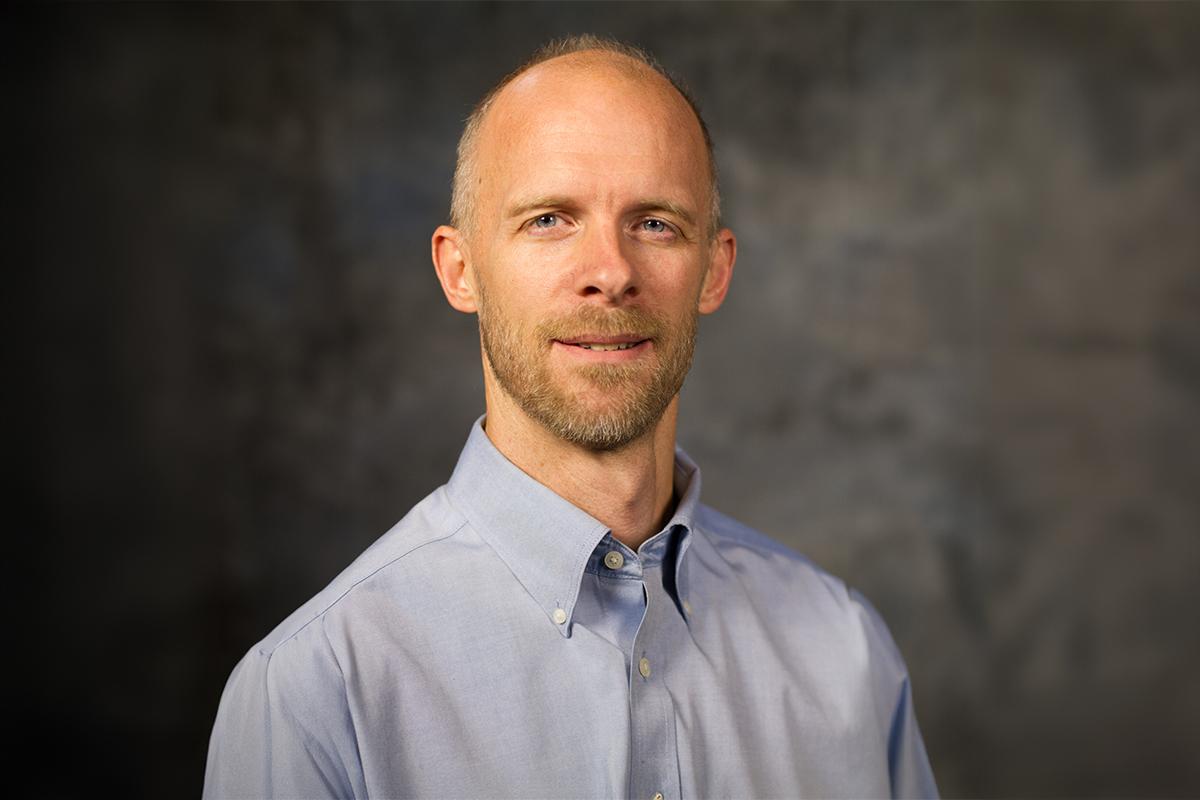
ILRies Change
the Future of Work.
The Martin P. Catherwood Library is the most comprehensive resource on labor and employment in North America, offering expert research support through reference services, instruction, online guides and access to premier collections.
